Trauma-Informed Schools and Adverse Childhood Experiences Training
When you entered education, you thought it would be about lesson plans, curriculum, and seating charts.
You weren’t expecting kids who curse, hit, kick, and scratch other students, and bang their heads on the table when they’re frustrated. Kids who are constantly “in trouble” at school and have difficulty grasping the material being taught.
But sometimes the trauma of physical and sexual abuse, hunger, violence, and suicide lie behind these behaviours. And when you hear the stories of your students pain you’re left feeling blindsided, unprepared, and desperate for guidance on how you can help.
Whether you’re a teacher, administrator, counsellor, social worker or anyone who works with students, this program will provide you with the step-by-step direction, tools, and techniques you need to work more capably and comfortably with kids who’ve experienced trauma. The strategies and comprehensive learning supports shared at this event will enable you to create a better school climate, boost academic achievement, and improve school safety while building critical skills in students like self-awareness, self-regulation, empathy, and an openness to teamwork and cooperation.
Get the trauma-sensitive skills and strategies you need to ensure every student can succeed!
Learning Objectives
- Characterize the relationship between Adverse Childhood Experiences (ACEs) and childhood development.
- Examine the role of Adverse Childhood Experiences and toxic stress on the escalation cycle and emotional dysregulation.
- Establish how emotional check-ins and strategies that encourage choice can create a more psychologically safe classroom.
- Communicate how trauma-sensitive practices can be employed to more effectively establish behavioural expectations and build structure and accountability.
- Specify how culturally responsive strategies can increase engagement in both students and their families.
- Articulate how a trauma-sensitive approach to discipline and corrective action can increase equity and replace reactive “push out” practices.
Course Modules
Adverse Childhood Experiences (ACES): The Hidden Public Health Emergency Affecting Schools
- The neurological and physiological impacts of toxic stress
- Trauma’s impact on kids’ development and futures
- Escalation cycle, toxic stress, and emotional dysregulation
Spot the Warning Signs of Trauma in Students
- How trauma impairs learning and impacts behaviour
- How fight, flight, freeze looks in the classroom
- Physical symptoms to watch for
- Identify the “silent sufferer”
Trauma-Informed Practices for Schools and Classrooms: Establish Safety, Trust, Choice, Collaboration, and Empowerment
5 Ways to Build a Psychologically Safe Classroom
- Create calming areas in the classroom
- Build a classroom community
- Emotional check-ins, worksheets and activities
- How to offer choices so kids feel in control
- Schedules and routines that establish safety and normalcy
Challenging Behaviors Intervention Toolbox: Better Outcomes for Overreactive, Aggressive, and Avoidant Students
- What sets kids off? How to be a trigger detective
- Check in/check out for structure and accountability
- Better break interventions for avoidant students
- Executive functioning skills training for overreactive students
- Social stories to use when kids aren’t grasping expectations
Culturally Responsive Practices and Techniques: Support Sensitivity and Strengthen the School-Family Alliance
- Recognize our biases to better support cultural sensitivity
- Strategies for working with parents who’ve experienced trauma
- Strengthen the school-family alliance – support with families instead of to families
Trauma-Sensitive Approaches to Discipline and Corrective Action
- Building resilience – our kids can overcome!
- Leadership jobs that built competence and connectedness
- Discipline is a system: preventative, supportive, corrective
- Alternatives to suspension – keep kids in school and learning
Supports for Educators and Staff Who Experience Secondary Traumatic Stress
- Staff wellness – tap in/tap out
- Restorative circles for educators
Who Will Get the Most Out of This Course
- Addiction Counselors
- Special Educators
- Psychologists
- School Psychologists
- Counselors
- Occupational Therapists
- Social Workers
- Marriage & Family Therapists
- Other Helping Professionals
- Speech-Language Pathologists
- Paraprofessionals
- School Nurses
How This Course Will Benefit You
Gain Confidence Responding to Trauma
You’ll learn exactly how trauma affects student behavior, cognition, and emotional regulation—so you can respond with clarity, compassion, and structure.
Master Trauma-Informed Strategies
Walk away with concrete tools like emotional check-ins, calming areas, social stories, and behavior interventions that work—especially for students with aggressive or avoidant behavior.
Create a Safe, Supportive Learning Environment
Discover how to build classroom routines and relationships that promote safety, trust, empowerment, and student collaboration.
Boost Academic and Behavioral Outcomes
Implement practices that reduce disruptions, increase focus, and support struggling students—helping them succeed academically and socially.
Reduce Burnout and Feel Empowered
You’ll learn how to protect your own emotional well-being, access team-based supports, and avoid compassion fatigue.
Strengthen School-Family Connections
Culturally responsive tools will help you better engage with families impacted by trauma—building stronger partnerships and community trust.
Improve Equity and Discipline Practices
Explore trauma-sensitive alternatives to traditional discipline that are preventative, supportive, and restorative—helping all students stay connected and in school.
About the Speakers

Christy W. Bryce, Ed.D.
Christy W. Bryce, Ed.D., the Director of Intervention for Warren County Public Schools in Bowling Green, KY has spent her career collaborating with educators, administrators and school staff to determine how best to intervene and support students who are demonstrating challenging behaviors. Dr. Bryce has over 20 years of experience in education as a school psychologist and special education teacher and is highly experienced in consulting on trauma-informed practices, differentiated instruction, and academic and behavioral interventions for at-risk students and students with special needs. A highly requested trainer, Dr. Bryce is experienced in establishing, coordinating, and sustaining large scale initiatives in the context of a linguistically and culturally diverse public school system. She earned her Ed.S. degree in School Psychology from Western Kentucky University and her Ed.D. degree in Education, Leadership and Policy from Vanderbilt University’s Peabody College.

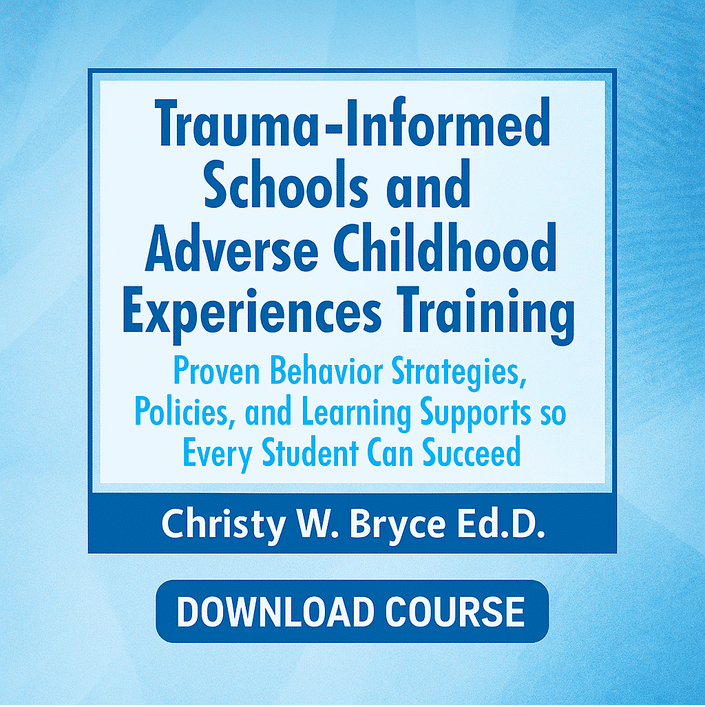
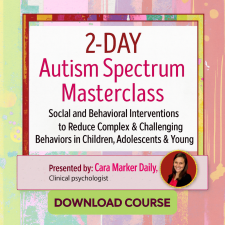
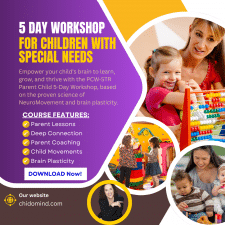
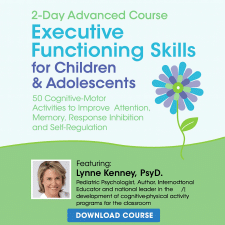
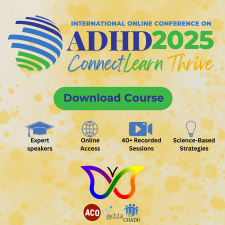



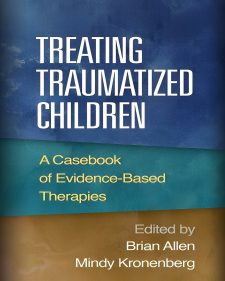
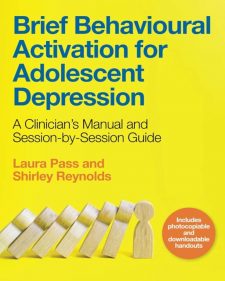
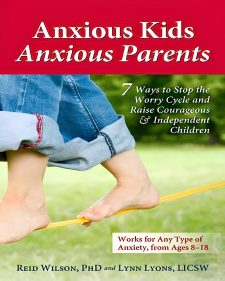
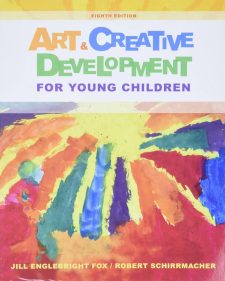
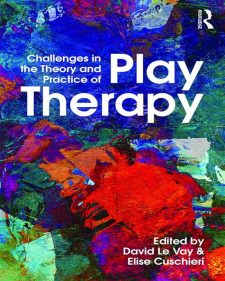

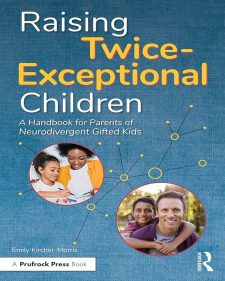
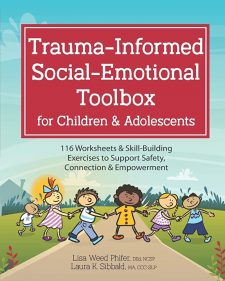
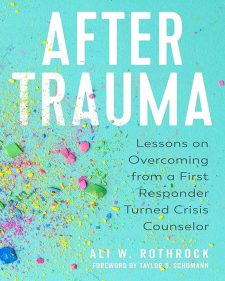
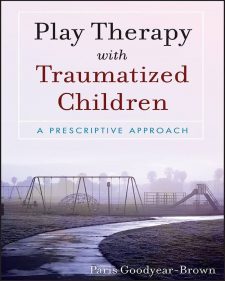
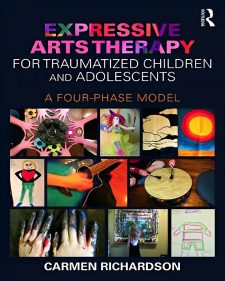
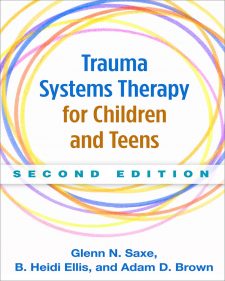
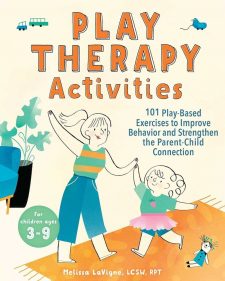
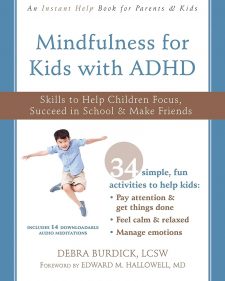
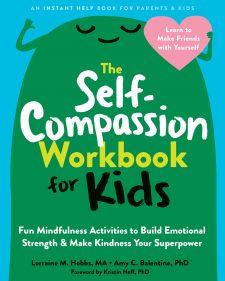
Reviews
There are no reviews yet.